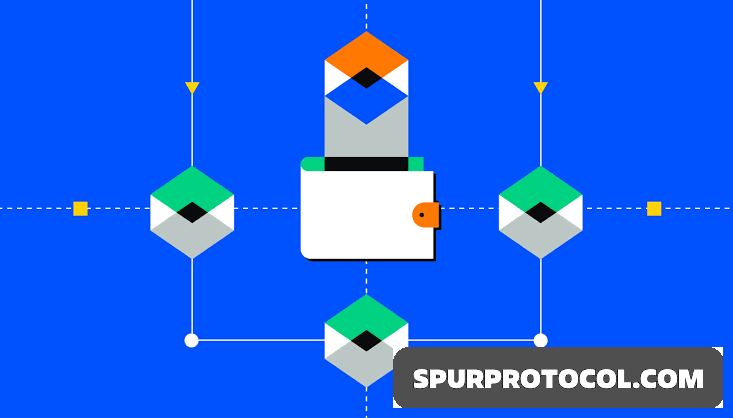What Are Off-chain Transactions?
This are processes and transactions that occur outside the main blockchain.
Go Back

🕒 10:00 AM
📅 May 15, 2025
✍️ By Ecojames
What are Off - Chain Transactions?
Off-chain transaction is a type of transaction that is processed outside of the blockchain network at a faster speed and lower cost
How On-chain Transactions works
-On-chain transactions refer to those that are executed and recorded directly on a blockchain.
- When a transaction occurs, it is added to a block, which is then confirmed by network participants through a consensus mechanism.
- This process ensures that all transactions are verifiable and immutable, meaning they cannot be altered once confirmed. The transparency of on-chain transactions fosters trust among users, as anyone can audit the blockchain's history.
Off-Chain Transactions Advantages
There are several benefits to off-chain transactions:
1. They can be executed much quicker than on-chain transactions.
2. They have lower transaction fees, as the processing occurs off the blockchain.
3. Off-chain transactions can offer more security and anonymity to participants because details might be rolled or summarized and not broadcast publicly.
4. They offer scalability options for blockchains that struggle with increased traffic and use.
Off-chain transactions challages
1. Less security
Since the transaction does not go through the blockchain’s strong verification system, it depends on trust between the users or the third party helping with the deal. If one person cheats or the third party fails, the other person could lose money, and there is no easy way to fix it.
2. Lack of transparency
Because off-chain transactions are not public, it’s hard for others to check if a transaction really happened. This can lead to fraud, especially if a company says it made a deal but didn’t. There is no open record for proof.
3. Issue of centralization
Most off-chain systems rely on a trusted middleman. This goes against the main idea of blockchain, which is to avoid middlemen.
4. Dispute resolution is hard
If something goes wrong, there may not be any clear rules on how to solve the problem. Since the blockchain isn’t involved directly, users must trust legal systems or private companies to handle issues. This can be slow, unfair, or expensive.

